- Home
- All News & Stories
- The Conversation 2024
The Conversation 2024
Voices at NYU Law
Lively intellectual debate remains at the core of NYU Law’s identity. The Law School hosts a wide variety of discussions that explore the most pressing legal issues of our time. This past year, judges, government officials, practitioners, and scholars were among the speakers who brought their ideas and expertise to the conversation on campus and online.
Janai Nelson
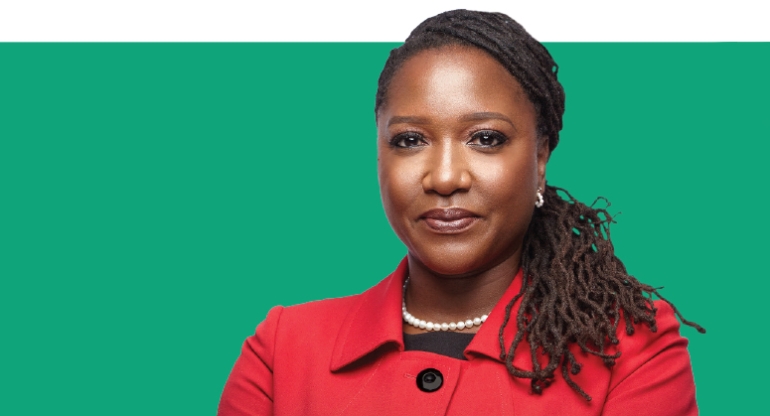
“The civil rights landscape, which was already a bit chilled, is now almost frozen in terms of the fear that many litigants have about what will happen to our civil rights laws if they go before this Court.”
Janai Nelson, president and director-counsel of the NAACP Legal Defense Fund, assessed the US Supreme Court’s approach to civil rights in a conversation hosted by the Meltzer Center for Diversity, Inclusion, and Belonging. Read more about Nelson's remarks.
Pratap Bhanu Mehta
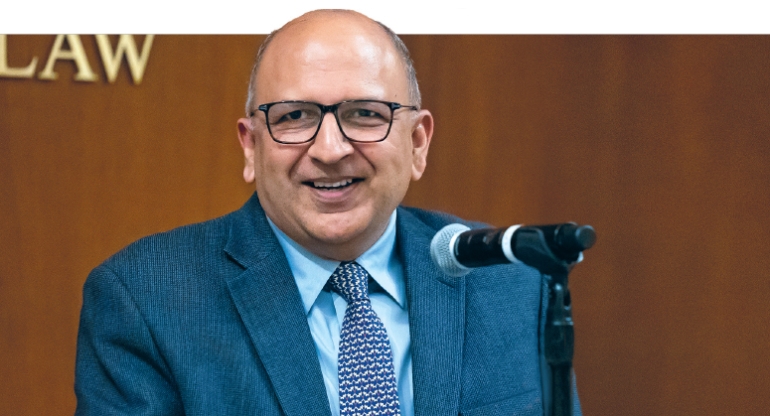
“Every act of censorship feels like a vote of no confidence in our autonomous agency…. It conveys the sense that we are no longer capable of being sovereign.”
At the Hauser Global Law School Program’s annual dinner, Pratap Bhanu Mehta, Laurance S. Rockefeller Visiting Professor for Distinguished Teaching at Princeton University, argued that free speech faces a worldwide crisis. Read more about the Hauser dinner.
Sharron Cohen
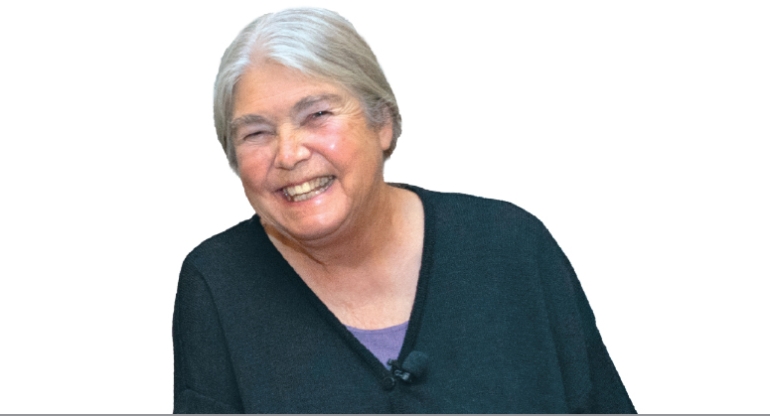
“I did not start as a feminist. I just wanted my money.”
In a Life of the Law conversation, Sharron Cohen, formerly Sharron Frontiero, talked about bringing the landmark suit Frontiero v. Richardson while in the military to secure the same benefits as her male counterparts. Read more about Cohen's recollections of the case.
Gene Sperling
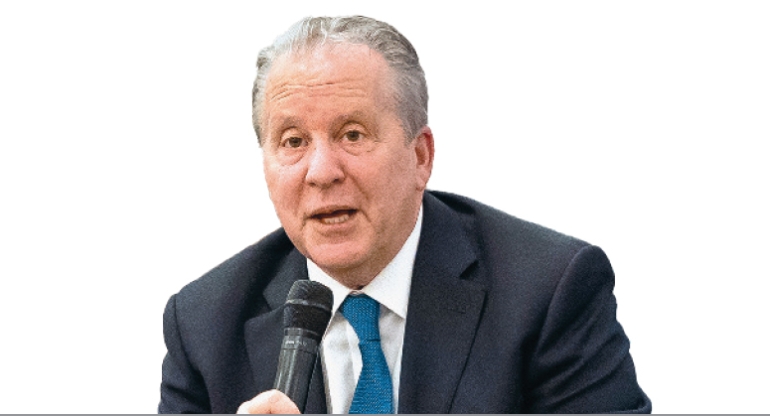
“An end goal like economic dignity is…also, in a sense, a rule of justice.”
In the Robert A. Katzmann Lecture, Gene Sperling, former director of the National Economic Council, urged that economic policies be judged by the dignity and security they offer citizens, not solely by metrics such as gross domestic product. Read more about the Katzmann Lecture.
Avril Haines
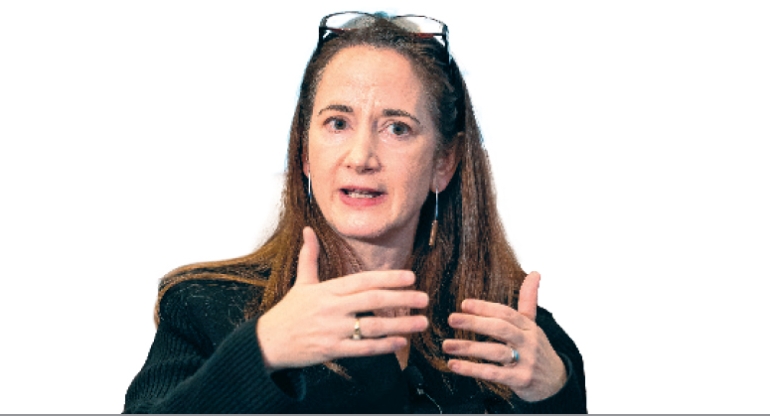
“One of the things that we see sometimes with authoritarian intelligence services is they get used as a political tool…. They’re not actually helping their leaders make better decisions for their country.”
At a celebration of the 10th anniversary of online forum Just Security, Director of National Intelligence Avril Haines discussed the role of law in the intelligence community. Read more about her remarks.
Mehrsa Baradaran ’05
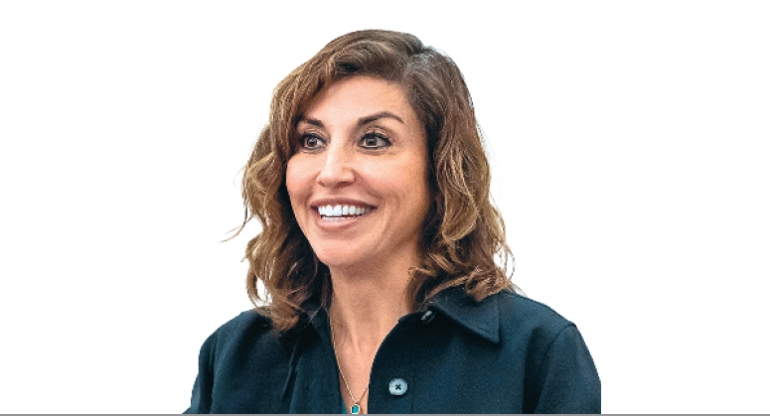
“Rule of law is one of those intangible things that you don’t appreciate until it’s gone, and it disappears when the law’s legitimacy is gone.”
Delivering the Derrick Bell Lecture on Race in American Society, Mehrsa Baradaran ’05, a professor at the University of California, Irvine School of Law, cited her family’s experience of repression in Iran as she argued that laws must be regularly evaluated and made more just. Read more about the Bell Lecture.
J. Travis Laster
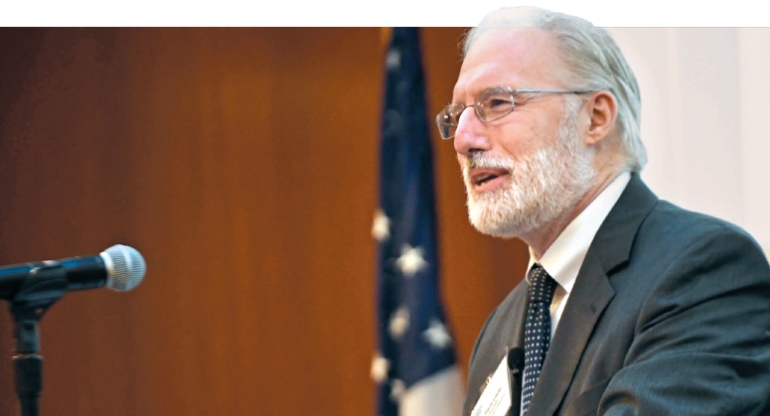
“I am fascinated by the persistent inconsistencies in Delaware law.”
In the Distinguished Jurist Lecture, Vice Chancellor J. Travis Laster of the Delaware Court of Chancery argued for a more nuanced view of the fiduciary duties that a controlling shareholder owes a company. Read more about the Distinguished Jurist Lecture.
Oleksandra Matviichuk
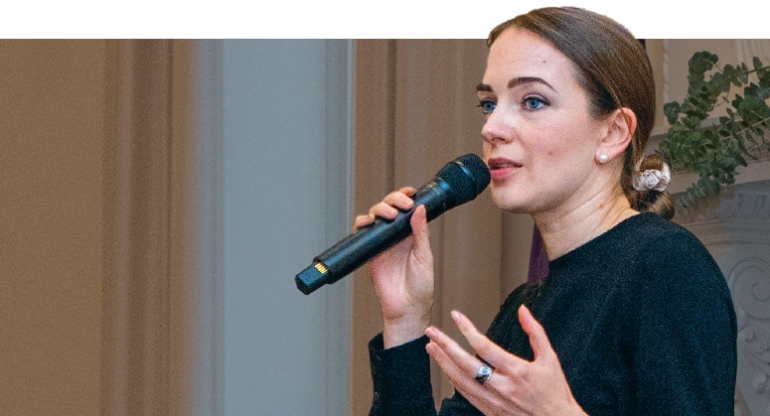
“Putin is not afraid of NATO. Putin is afraid of the idea of freedom, which came closer to Russian borders nine years ago.”
Oleksandra Matviichuk, head of Ukraine’s Center for Civil Liberties—a human rights organization that was awarded a Nobel Peace Prize in 2022—described how her group tracked disappearances during the 2014 uprising against Russian influence in Ukraine. Read more about Matviichuk's remarks.
Volker Türk
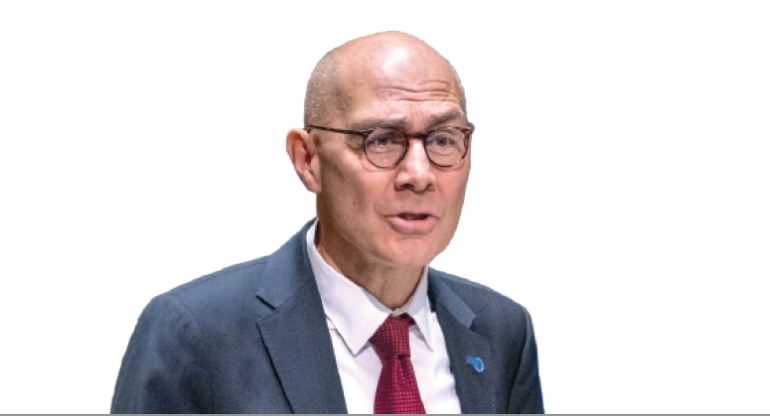
“Human rights violations are crisis incubators: grievances linked to repression, discrimination, exploitation, and injustice of all kinds lay the groundwork for violence to erupt.”
At the inaugural Future of Rights and Governance (FORGE) conference, Volker Türk, United Nations High Commissioner for Human Rights, emphasized the continuing importance of the Universal Declaration of Human Rights. Read more about the FORGE conference.
Andrea Flores
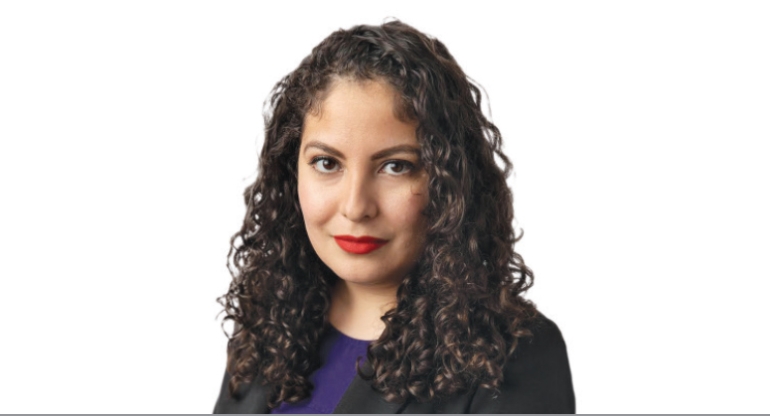
“With climate migration you have to get to a system that can adjudicate a large number of immigration applications much faster and for a much more diverse population.”
Andrea Flores, vice president for immigration policy and campaigns at FWD.us, spoke about challenges facing the US immigration system at an NYU Law Forum sponsored by Latham & Watkins. Read more about the Forum.
Peggy Cooper Davis
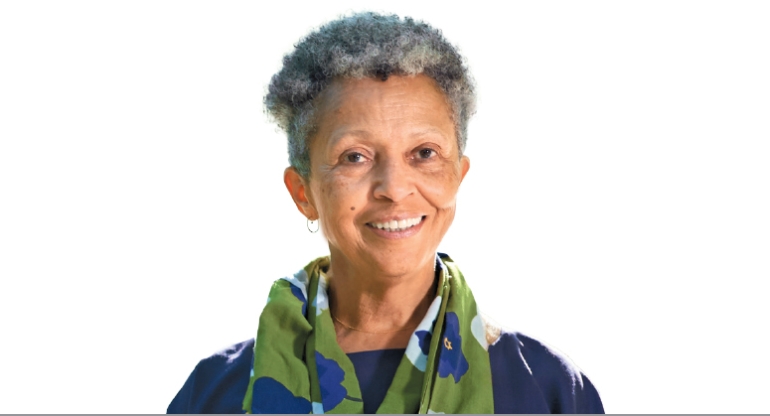
“When I began to think about the neglect of Reconstruction history, [I realized] that… we’ve had a second Founding. And that second Founding was based on stories not of coming from the Old World to the New World and forging a frontier, but on the overthrow of slavery.”
Peggy Cooper Davis, John S. R. Shad Professor of Lawyering and Ethics, discussed her scholarship on family rights and the Constitution at an event hosted by the Birnbaum Women’s Leadership Center. Read more about this symposium honoring Davis.
Josep Borrell Fontelles
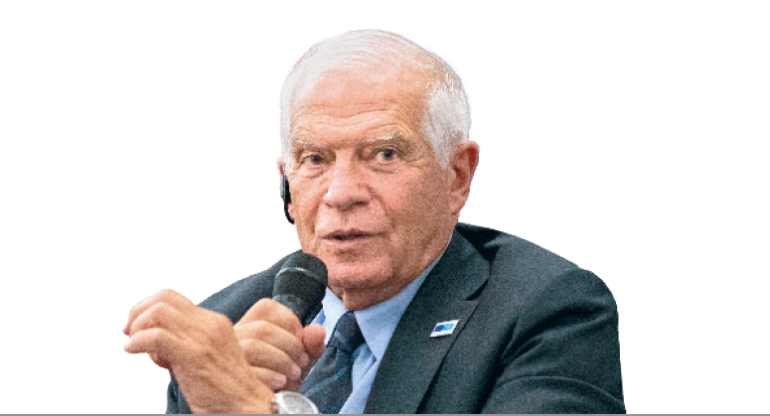
“There is no longer a coalition of powers capable of imposing a global order.”
At the Emile Noël Lecture, Josep Borrell Fontelles, high representative of the European Union for foreign affairs and security policy, explored shifts in the global geopolitical landscape. Read more about Borrell's remarks.
Photo credit: Stacy B.E. (Nelson); UN Photo/Eskinder Debebe (Turk)
Posted September 10, 2024

